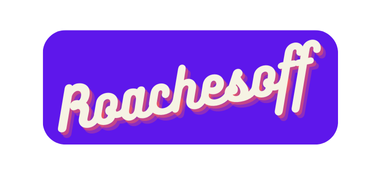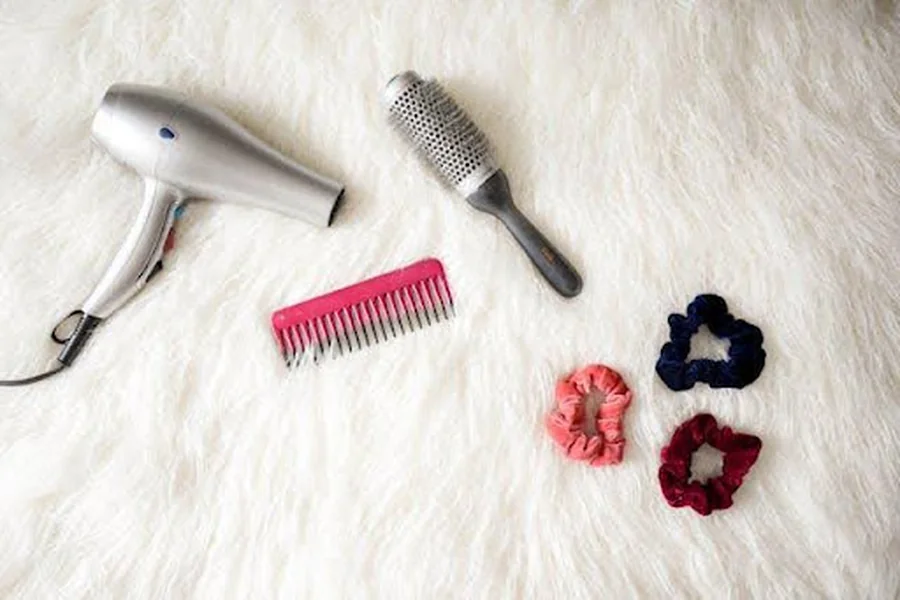If you’re noticing more hair in your brush than usual, dealing with a flaky scalp, or feeling embarrassed by bald spots, you’re not alone. Hair and scalp problems are more common than you might think, and they can seriously affect how you feel about yourself. You may have tried shampoos, oils, and even home remedies, but nothing seems to work. At this point, you might be wondering: is there a specialist who deals with this kind of thing?
That’s where a trichologist comes in. If you’ve never heard of this term before, don’t worry—you’re not the only one. Many people don’t realize that help exists specifically for hair and scalp issues. Understanding what a trichologist does could be your first step toward getting real answers and solutions.
What a Trichologist Really Does
A Trichologist is a trained professional who focuses on problems related to the hair and scalp. They are not medical doctors, but they are experts in identifying hair-related concerns, understanding their causes, and helping you manage or improve the condition. You might visit a trichologist if you’re experiencing hair thinning, sudden hair loss, dandruff, breakage, or even scalp inflammation. They look at the health of your scalp and hair and try to find patterns or reasons behind what’s going wrong.
During your visit, a trichologist may ask about your lifestyle, diet, stress levels, and any recent changes you’ve experienced. They often use magnifying tools to examine your scalp closely. Based on what they see, they can recommend products, treatments, or even suggest you see a dermatologist if the problem seems more medical.
When Should You See a Trichologist?
It’s easy to ignore hair problems and hope they go away, but some signs shouldn’t be brushed off. If your hair is falling out in clumps, you’re developing bald patches, or your scalp is constantly itchy or painful, it’s a good idea to get help. A trichologist can guide you in figuring out whether it’s a temporary issue or something more serious.
For many people, early action can make a big difference. Some hair loss conditions, like traction alopecia or telogen effluvium, can be treated or even reversed if caught early. A trichologist helps you avoid wasting time and money on guesswork by giving you professional insight.
How Trichologists Support Your Hair Health
Seeing a trichologist isn’t just about reacting to problems—it can also be a great way to maintain healthy hair. If you’ve recently changed your diet, started a new medication, or gone through stress, your hair might react to those changes. A trichologist can suggest how to care for your hair through different phases of life.
They might also recommend supplements or scalp treatments that support better hair growth. Their goal is to figure out the root cause, whether it’s hormonal, nutritional, or related to how you treat your hair daily. With their help, you can build a routine that protects your hair rather than damages it further.
The Training Behind a Trichologist’s Work
While a trichologist isn’t a medical doctor, they do receive specialized training in hair science. Many study through certified programs that teach the biology of the scalp and hair follicles. Some even come from a background in dermatology or cosmetology, giving them hands-on experience with both treatment and hair care.
A good trichologist also knows when to refer you to a doctor. If your issue involves hormonal imbalances, skin conditions, or autoimmune diseases, they’ll point you in the right direction so you can get the full care you need.



